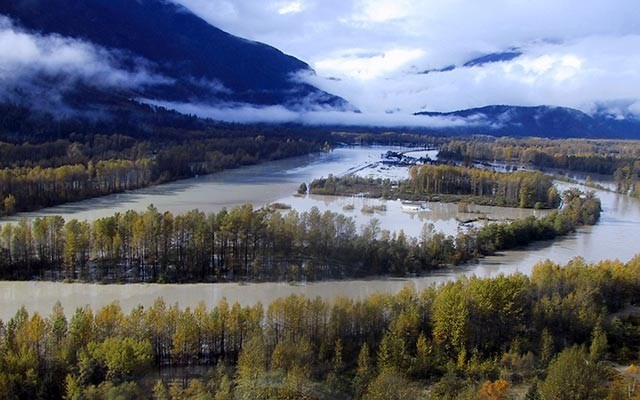The province is investing millions into emergency preparedness for communities across B.C. this spring, with six-figures worth of funding flowing into the Sea to Sky corridor.
In a May 24 news release, the NDP government announced it is directing a total of $3 million to more than 100 local governments and First Nations through the Union of BC Municipalities' Community Emergency Preparedness Fund (CEPF). The grants aim to support and enhance emergency operations centres (EOC) across B.C. by funding new equipment and training exercises that will increase these centres' capacity in the face of natural disasters.
“We know significant costs are associated with emergency planning, mitigation, response and recovery for communities – including at local emergency operations centres. Emergency operations centres are the hub of response and recovery during an emergency, staffed by our hard-working partners in local governments and First Nations,” said Bowinn Ma, B.C.'s Minister of Emergency Management and Climate Readiness in the release.
“These projects made possible through our Community Emergency Preparedness Fund will help better protect and keep people safe in the event of an emergency.”
In this round of grants, the Village of Pemberton received $17,600 for EOC equipment and a flood evacuation exercise, while the Squamish-Lillooet Regional District was approved for $30,000. That grant will pay for a 2023 "atmospheric river EOC exercise," according to the province.
Squamish also receives $30,000 for "Interoperability and communications," while an application from the Squamish Nation earned the same sum for EOC upgrades and training.
The Resort Municipality of Whistler and the Lil'wat First Nation are not among the list of recipients.
Earlier this year, an ecologic restoration project at the site of the 2010 Mount Meager landslide northwest of Pemberton also earned $150,000 from the CEPF.
In February, the provincial government committed $180 million to CEPF, bringing its total investment to $369 million since the fund was established in 2017. "Approximately $116 million through CEPF has been approved for First Nations and local governments for almost 1,500 projects that help communities mitigate and prepare for disasters and climate-related emergencies," according to the release.




